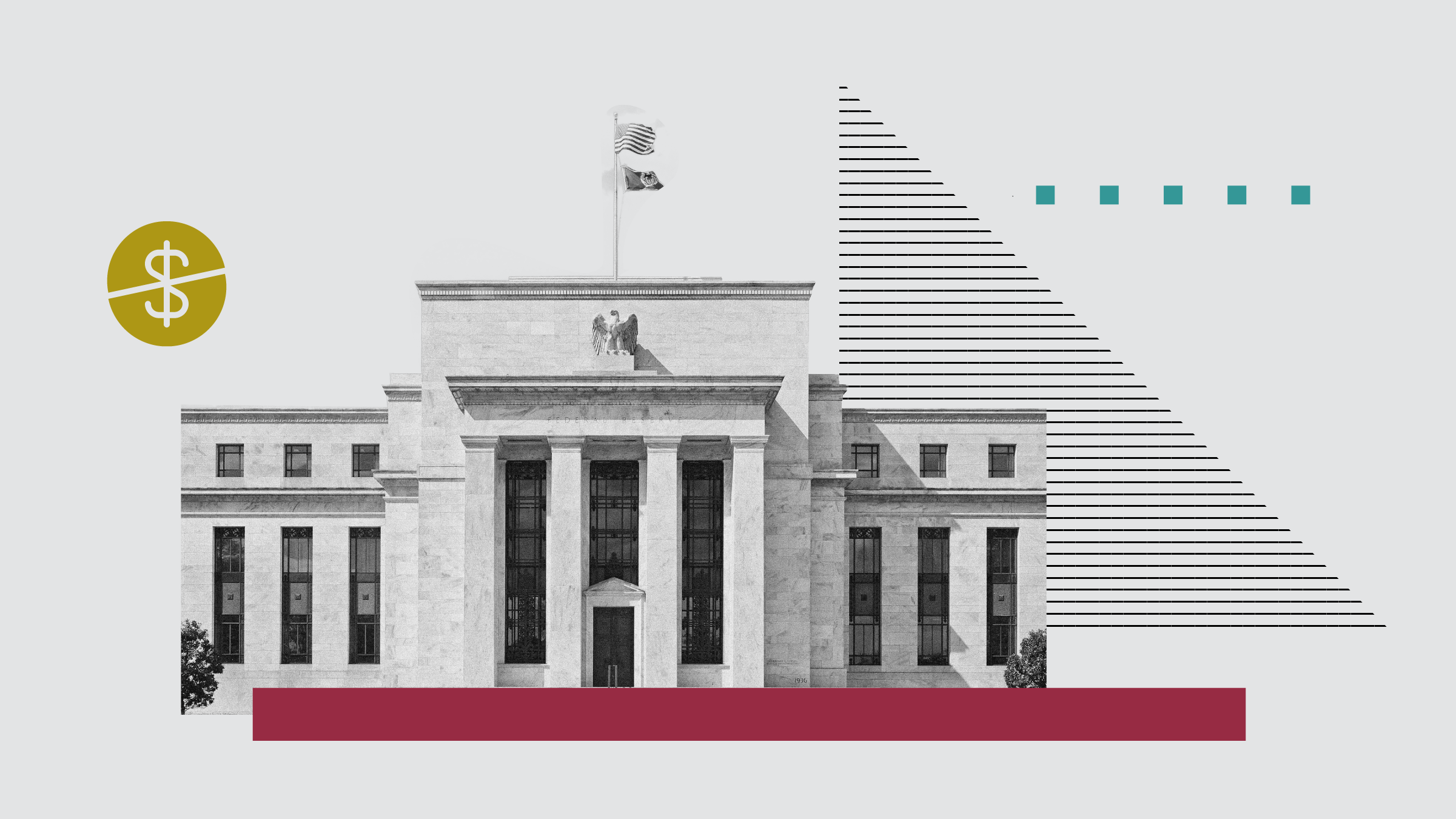.jpg)
Amid war in Europe, it feels strange to be writing about wealth management and scale. Alas, customers of Hargreaves Lansdown (HL) may want to take note.
If they weren’t aware already, on Tuesday the company announced a huge overhaul of its platform and financial advice proposition, backed by a £175m funding pot. In short: it wants to become a big player in the world of financial advice.
For the record, the company’s shareholders were clearly not that impressed. Word of the plan was accompanied by news that a) the company felt the pandemic trading boom was over, and b) it was suspending its special dividend until 2024. Hargreaves shares subsequently suffered their worst ever fall, by a whopping 15%.
Nice Words
Here’s what the company said.
“We will build a new omni-channel advice proposition that combines the best of human interaction and our 40 years of insight into clients' needs, augmented by better data analytics and digital capabilities to provide a game-changing proposition.
“With the new HL Advice offering we aim to bridge the gap from [direct-to-consumer investing] to advice and offer an integrated service with a platform that helps our clients manage key life events and adapts to their current needs.
“This expansion will lead to a higher share of wallet as clients consolidate their savings and investments with us and increase retention as more choose to build lifelong relationships because we can help at all the key financial moments that matter. We expect to have a phased launch of this proposition commencing from [full year results 2024], enabled by access to open finance as it develops.”
In English, then: Hargreaves wants the different bits of its business to speak to each other better. But there is another word for that. It’s called vertical integration. It’s a business model where companies control several different sections of a product or service supply chain. Great if you already own shares or funds on the company’s platform, then, Hargreaves now wants to flog you advice and investments. That said, it will have to do more than just talk to its existing customers to execute a plan of this scale and ambition. The plan may depend on it buying up other advice businesses.
Hurdles Ahead
Forgive me for taking you down memory lane. We have been here before, in some way at least.
Back when I was but a lowly reporter, Hargreaves attempted to expand its advice proposition with a flat-fee service to cater for customers of the pension freedom reforms. It also toyed (unsuccessfully, in the end) with the idea of so-called “robo-advice”, as other firms did.
That was 2015, when many, many optimistic predictions were made by big companies cashing in on the investor surge prompted by then-government policy. Hargreaves has not exactly become famous for its advice service since.
It now also faces a quite substantial list of challenges. In a neat (and I think absolutely spot-on) nod to Storm Eunice, my good friend Mark Polson, principal at the Lang Cat, likens Hargreaves’ now-necessary tech transformation to the sort onerous housekeeping that simply puts you at the starting line.
“Hargreaves ripped the plaster off in terms of needing to upgrade its own technology – the platform equivalent of needing a new boiler,” he said in a newsletter this week.
“It’s good to get a new boiler because your house stays warm, but it’s expensive and at the end of a load of dirty work and a tonne of expense all you have is a warm house which is what you were meant to have before. See also: roof repairs.”
Then factor in the competition. There are numerous other large businesses competing with Hargreaves in this space. Vanguard, Schroders Personal Wealth (SPW), and Lloyds Banking Group are all contenders in the race for assets (as well as St James's Place, an established competitor). Having started SPW with Schroders, Lloyds has independently announced a new digital-led advice offering this week, backed by its purchase of the Embark platform.
Then factor in the regulatory climate. Monitoring the distribution of financial advice and investment products is high on the Financial Conduct Authority’s priority list. The picture is in flux. To continue Polson’s analogy, fixing that house could be a challenge if the foundations are being changed at the same time. The whole thing could fall over.
Neil for Forgiveness
The elephant in the room, though, is Neil Woodford. Absent from the conversation is the UK’s once-favourite stock picker, whose fall from grace in 2019 prompted a debate not just about the cult of the fund manager, but about how funds are marketed and distributed.
It just so happens Hargreaves was at the centre of that storm. It faced a maelstrom of criticism over its connection to Neil Woodford, and doubtless many of the customers burned by Woodford Investment Management’s collapse still feel angry about it. Some are still waiting to recover monies three years later.
At the very least, the affair did nothing for the confidence of anyone trying to see evidence of Hargreaves Lansdown's ability to recommend funds. That will be a big part of its future plans. Having a nationally renowned platform and large market share will not be enough.
At this stage, it is difficult to quantify the damage done by that affair. I could never match Polson for his articulate (and amusing) rhetoric, but put it like this.
If restoring trust in financial services is chief among big companies’ priorities, they may find themselves disappointed on that heady day when the job is somehow tangibly and finally finished. Just like the working boiler, or the functioning foundations, they’ll see it was something that should have been there in the first place, and that they are thus only at the start line. We are a long way off from that.





























